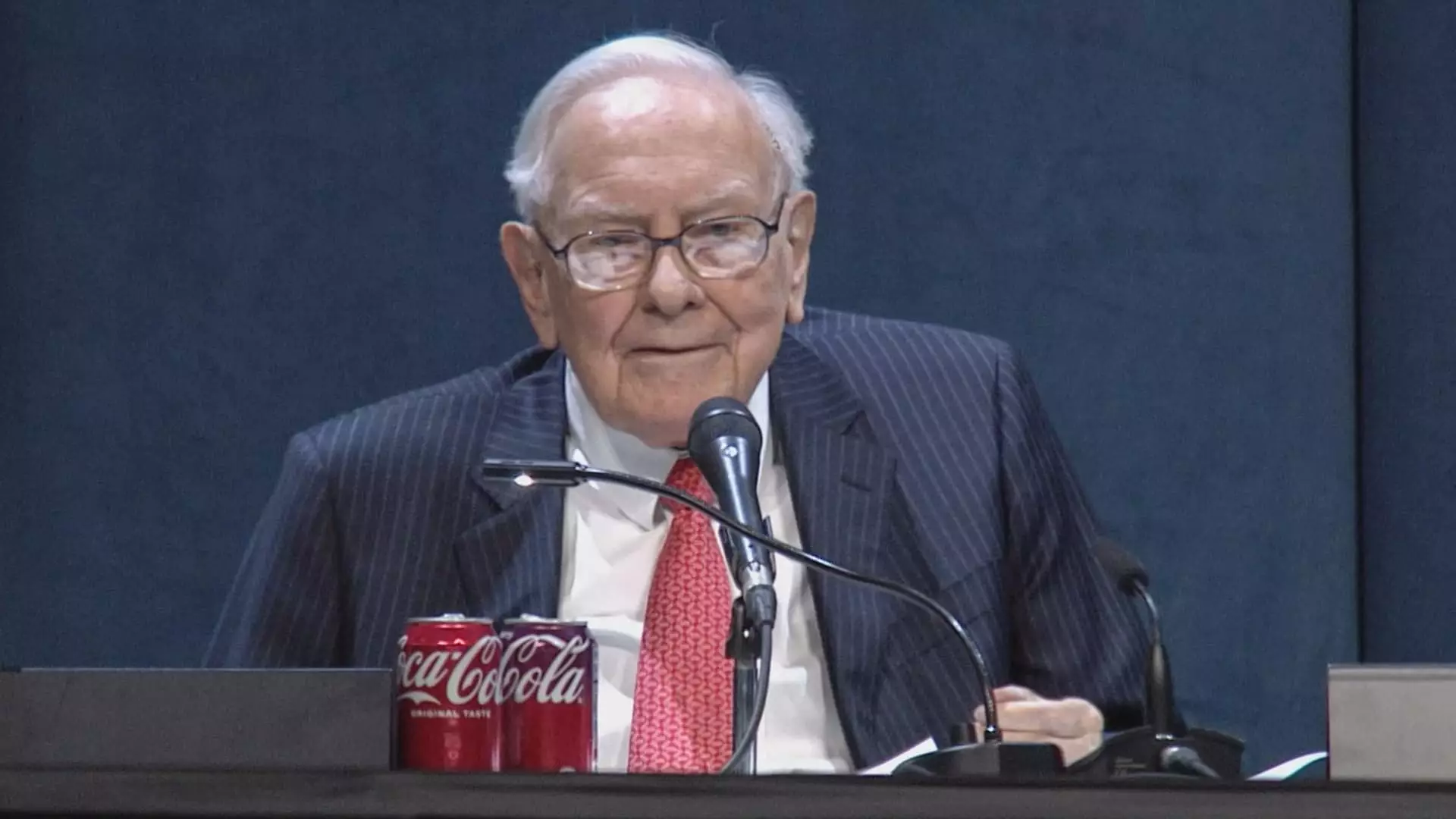Despite its legendary reputation for financial strength, Berkshire Hathaway’s latest earnings report reveals unsettling vulnerabilities that challenge its image as an ironclad investment titan. A modest 4% decline in operating profits to $11.16 billion highlights a fragility beneath the surface of apparent stability. While some divisions, like railroads and manufacturing, managed to edge upward, the sharp dip in insurance underwriting underscores how even the most diversified conglomerates are not immune to external shocks. The sobering reality is that Berkshire’s success is tethered to a geopolitical landscape increasingly marred by turbulence—specifically, the escalating tariffs and trade disputes that threaten to undermine the very foundations of its business model.
Trade Wars: A Shadow Looming Over Corporate Prosperity
Berkshire Hathaway’s cautious tone about the escalating tariffs is more than mere caution—it’s a stark warning about the unpredictable future. With global trade tensions intensifying, Buffett’s company openly acknowledges the potential for widespread adverse effects. The phrase “considerable uncertainty remains” reads more like a warning than a disclaimer, hinting at a looming storm that could erode profit margins and destabilize investment strategies. Historically, Berkshire’s conservative approach—building a vast cash reserve—has served as a buffer; however, in an era where even cash cannot fully shield against systemic shocks, reliance on liquidity seems insufficient.
Cash Stagnation and Strategic Risks
Despite a robust cash pile held at a staggering $344.1 billion, Buffett’s decision to refrain from buybacks in the first half of 2025 raises eyebrows. In a market experiencing over 10% declines from record highs, the company’s inactivity appears prudent but also somewhat complacent. This stark conservatism underscores a core dilemma: Buffett’s legendary patience might now verge on passivity amid unprecedented uncertainty. Selling $4.5 billion worth of equities for a 11th straight quarter suggests an underlying anxiety—protecting what remains rather than boldly expanding. This risk-averse stance might safeguard Berkshire in the short term but could limit its ability to capitalize on potential recovery.
The Fragile Bottom Line of Big Bets
Another ominous sign is the $3.8 billion writedown on Kraft Heinz—an example of how even diversified giants are exposed to the risks of unprofitable investments. With Kraft Heinz considering a spin-off and executives resigning from its board, the once-sturdy consumer staples empire now faces questions about its future trajectory. Buffett’s decision to hold the line, while historically wise, now seems increasingly questionable in a climate where relentless external pressures demand agility, not retreat. Time will tell whether Berkshire’s fortress can stand or whether these vulnerabilities will culminate in more significant setbacks.
Buffett’s Future in Limbo
With Greg Abel poised to take over as CEO, anticipations are high that Berkshire will pivot in new directions. Yet, Buffett’s continued chairmanship, while reassuring for some, also emphasizes a potential conservative drift, risking stagnation at a time when bold leadership might be needed the most. The recent challenges suggest that even the most iconic figures and well-established corporations are unprepared for the chaos of an increasingly volatile global economy. Berkshire Hathaway’s prospects hinge on how effectively it can adapt—and surprisingly, for a company so rooted in patience, that adaptation may require a departure from its traditional cautious stance.

